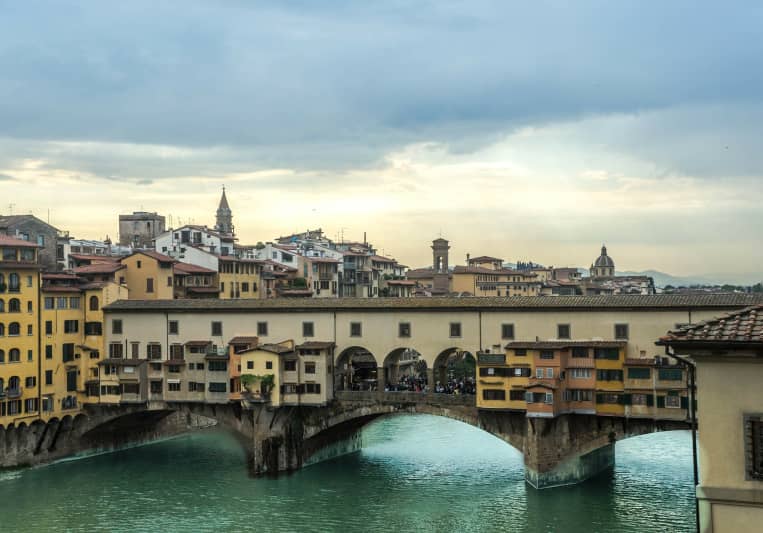
I am a mix engineer with 4 years of experience. I am experienced but I am still a junior engineer so I don't mind working cheap to fill out my portfolio some more.
I studied audio engineering in 2014 in Florida and have worked primarily with local artists in the last 4 years. I am on a portfolio building mission right now so I am charging below my normal rates in hopes to see as many new artists come across my mixing desk as possible.
I have collected a few nice pieces of hardware, my favorite being an 1176 which sounds great on almost anything. I also have a 3U 670 clone which I love when vocals need some warm compression. I mainly use Cubase Pro 10 these days. I don't know how much longer I am going to hang onto pro-tools but for the time being, I still have access to it.
My average mixing rates are not set in stone and are more likely to be lower than higher depending on the song and the track count.
I do not consider autotuning vocals the same as tuning. If you send me untuned tracks to mix and say you want me to autotune them, it is no additional charge. That's just a plugin. My prices for hand-tuning vary by track length. A long 3+minute lead track may be $10 while the doubles and supporting vocals may be only a few dollars a track.
Click the 'Contact' above to get in touch. Looking forward to hearing from you.
Interview with Nuncio Squadrito
Q: Analog or digital and why?
A: Both. I hate when people think that just because digital is happening on a computer which has a circuit or two that it must be able to sound the same. That's not how voltage and impedance work and while digital doesn't mean bad, I have yet to find anything that can confuse me. I can spot the difference not from how it sounds but how it feels from across the Atlantic. I still like digital. Not everything warrants the time or cost of analog and it's not stupid if it works. If digital gets the job done then it gets the job done.
Q: Can you share one music production tip?
A: Careful with your reverb. Honestly, the number one thing that makes mixing vocals difficult in my opinion is when I get a production that has reverb all over it but a similar-sounding reverb sounds bad on the vocals. Then you end up with a really messy bathroom sound that just doesn't let anything really sit right no matter how badly you want it to.
Q: What's your strongest skill?
A: My strongest skill is certainly compression. I have picked up a lot of good compression techniques that most people never learn because they are caught up in how to get a loud lead vocal. Getting modern sounding vocals doesn't mean you need to always squash a vocal and I think Ariana Grande's engineers really prove that all the time.
Q: What do you bring to a song?
A: To be honest there are plenty of people who can do what I do. My hope is to really wow an artist with the relationship I build with them and hopefully help show their work in the best light possible.
Q: What's your typical work process?
A: Normally I will get all the tracks and try and discuss the vision for the track. Of course, I want the best understanding I can possibly have of what the artist wants. I then stage everything out and get the basic corrective EQ in place, check in with the artist and if everything still sounds good or there are no new ideas I will jump into the full mixing process. I try to work fast to keep my goals for the song fresh in my mind. Things can always be better and I try not to get too carried away with "fixing" and end up working on a track for 5 days and end up ruining an otherwise great mix because one little thing lead to another little thing that could have been better.
Q: Tell us about your studio setup.
A: I work in a 4 meter by 5 meter room with 3.5 meter high ceilings which are great for acoustics. I have 3/4 coverage acoustic treatment so I have a good idea of how things sound as I am working. I work both outboard and in the box. I have an 1176 which is my favorite and probably the most used piece of equipment in my home studio. It sounds great on just about everything and the real analog color really brings a lot of depth and stability to strong vocals.
Q: Describe the most common type of work you do for your clients.
A: I 100% have a preference for working on ambient contemporary R&B/Hip-Hop and Pop, but really I frequently am working on Trap. That seems to be the reigning popular style still and is probably what I see come across my desk the most.
- Mixing EngineerAverage price - $100 per song
- Vocal compingAverage price - $10 per track
- Vocal TuningAverage price - $10 per track
- Mastering EngineerContact for pricing
I will do 1 full revision and 2 minor revisions at no additional cost. Typical turn around time is around 2 days depending on the project length.
- Universal Audio 1176
- Tubecore 3U (Fairchild 670 clone)
- Slate VMR
- Autotune
- Melodyne



